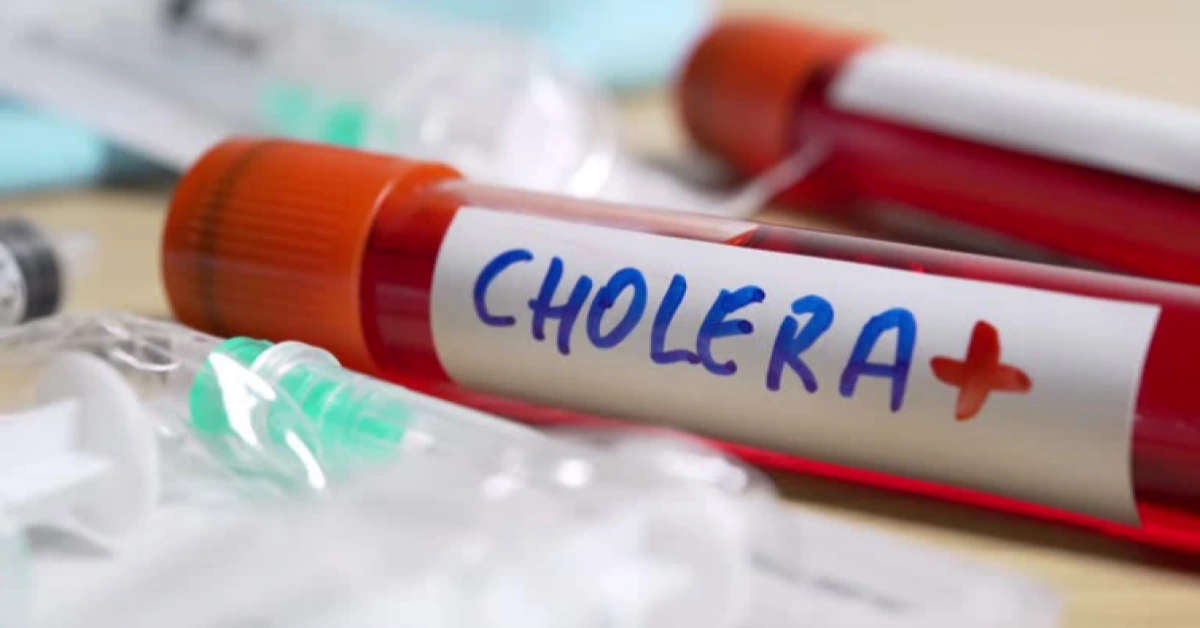
NAMIBIA – After ten years without cholera, Namibia has confirmed a new case, raising concerns among health officials.
The patient, a 55-year-old woman from the Kunene region, experienced diarrhea but has since recovered and been discharged from the hospital.
This case is particularly alarming because neighboring Angola has been battling a significant cholera outbreak since January, resulting in 237 deaths out of 6,564 reported cases.
Despite the proximity, Namibia’s health ministry noted that the patient had no recent travel history outside the country, suggesting local transmission.
Cholera is an acute diarrheal illness caused by infection of the intestine with Vibrio cholerae bacteria. People can get sick when they ingest food or water contaminated with the bacteria.
While many infections are mild, cholera can cause severe diarrhea and dehydration, leading to death if untreated. Children under five are particularly vulnerable.
The Africa Centres for Disease Control and Prevention (Africa CDC) emphasized the importance of this development.
Jean Kaseya, head of Africa CDC, stated that the laboratory confirmation is “a major alert” for Namibia’s health officials. He added that the case’s location, near the Angolan border, might explain its occurrence, given Angola’s ongoing outbreak.
In response to Angola’s outbreak, Africa CDC has dispatched 2,000 oral cholera vaccines to protect healthcare workers. However, Kaseya highlighted the need for additional resources to provide more doses.
Preventing cholera relies heavily on access to clean water, proper sanitation, and hygiene practices. Vaccination is also a crucial preventive measure.
The World Health Organization (WHO) reported a 12% decrease in cholera cases in Africa in 2024 compared to the previous year, but there was a slight increase in deaths by 3.1%.
In January, Africa recorded the highest number of cholera cases and fatalities compared to other regions.
Namibia’s health authorities are now on high alert, reinforcing surveillance and response systems to prevent further cases.
The public is advised to practice good hygiene, ensure safe drinking water, and seek immediate medical attention if cholera symptoms, such as severe diarrhea and vomiting, occur.
XRP HEALTHCARE L.L.C | License Number: 2312867.01 | Dubai | © Copyright 2025 | All Rights Reserved